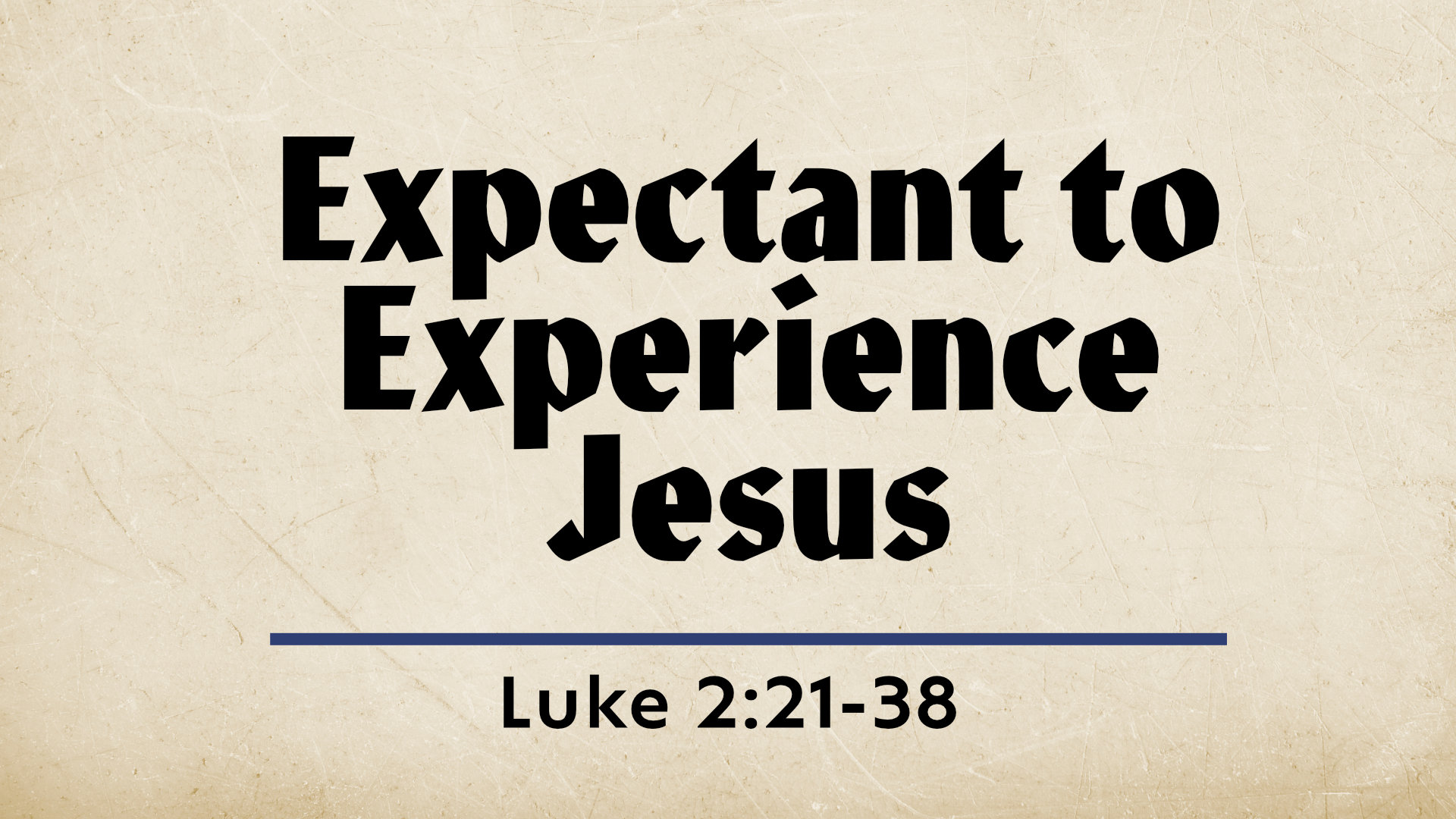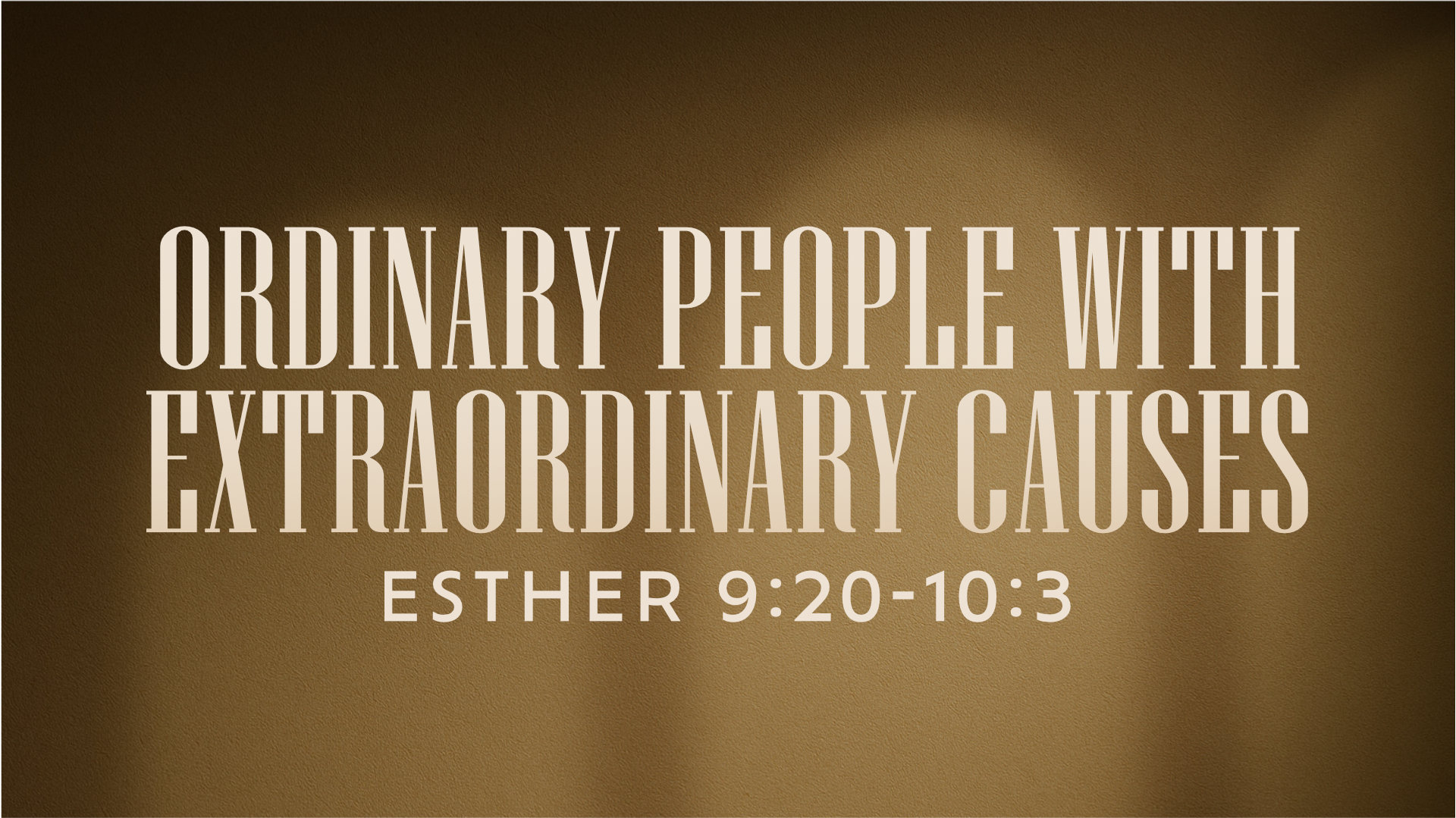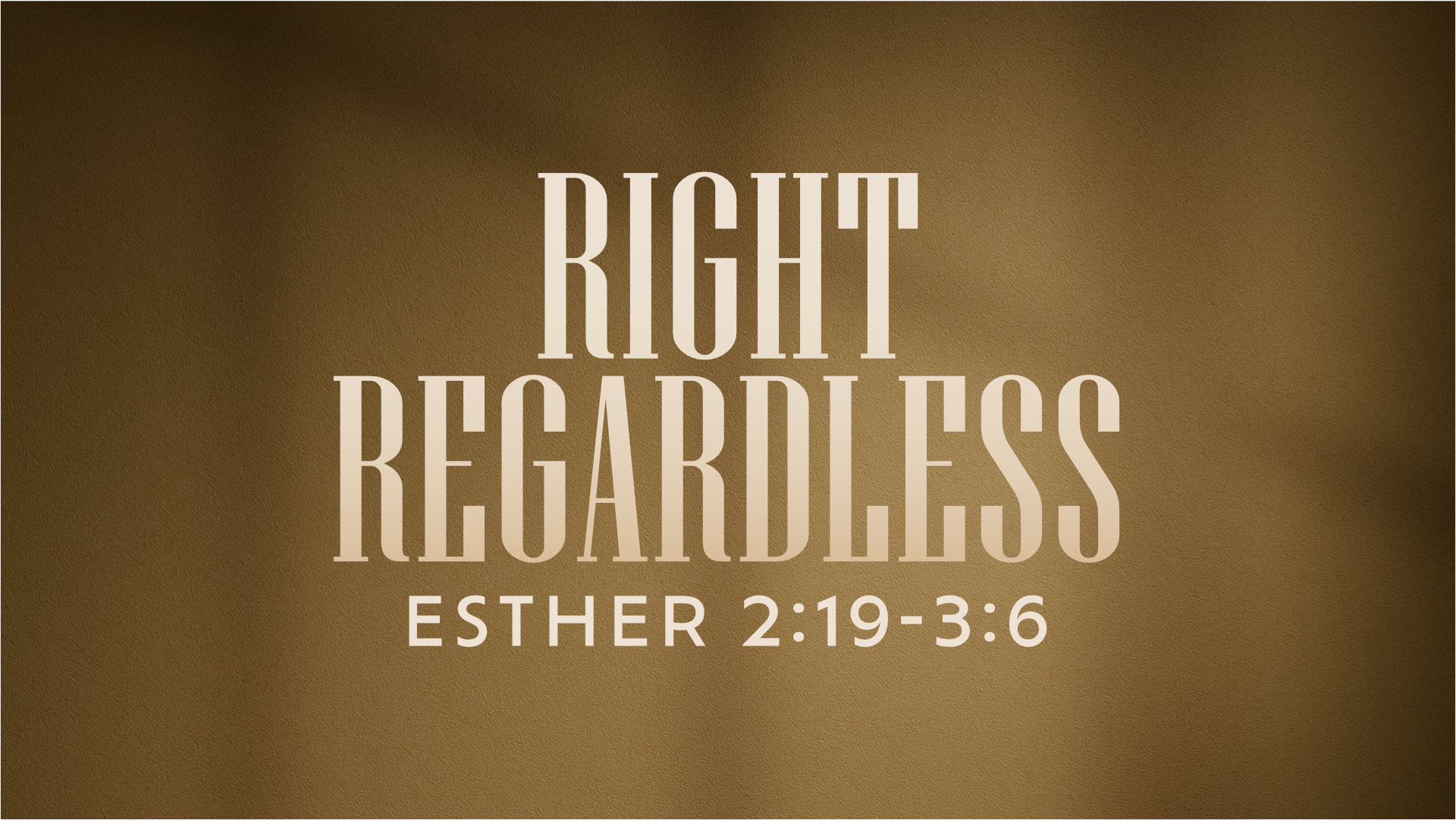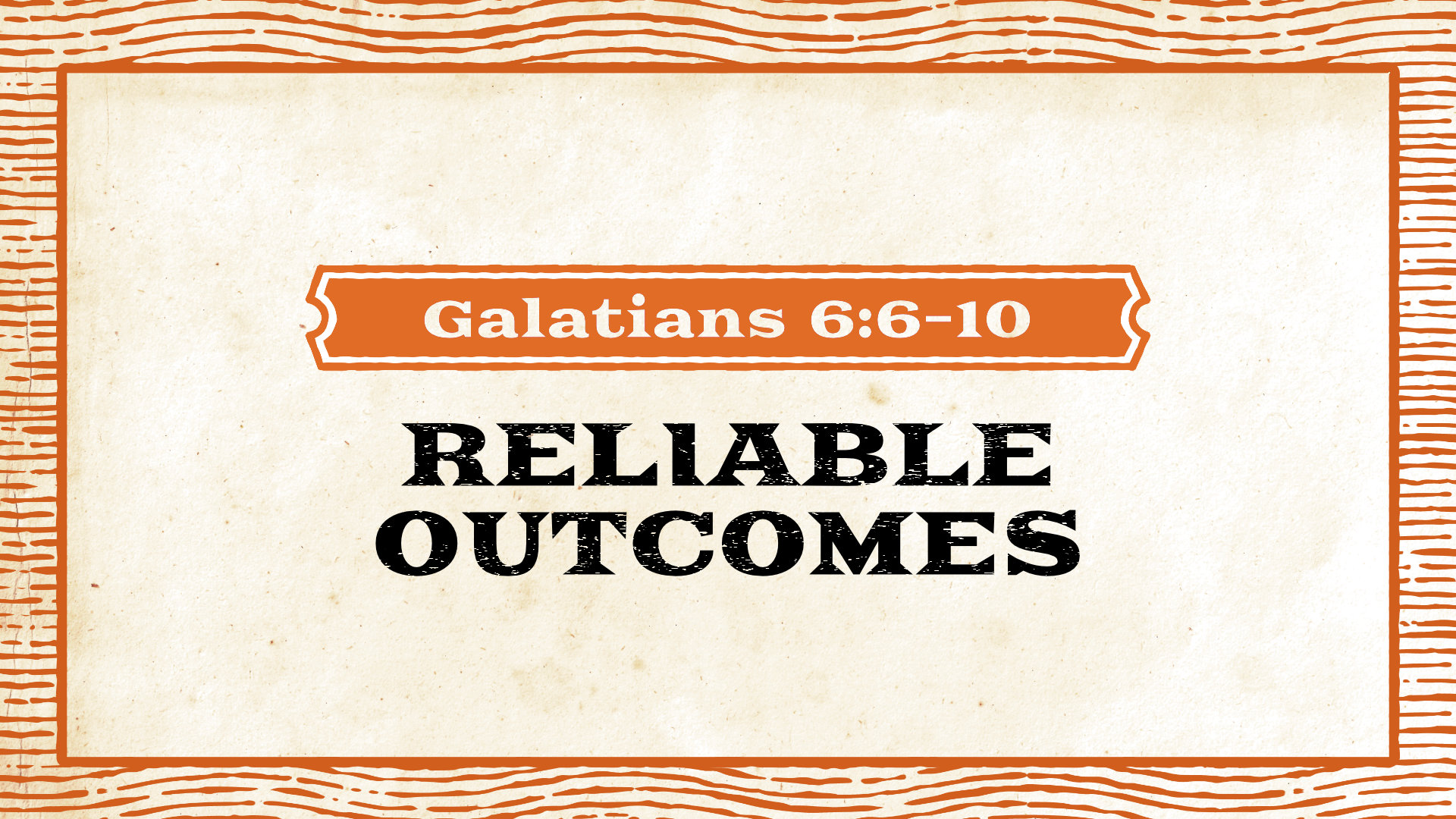Abiding In Christ and Life In The Trinity
Abiding In Christ and Life In The Trinity
In this week's sermon, Travis reminded us of the salvific hope offered to us by the Son. The hope of salvation isn't in a heavenly place. It's not in the things of this world. It's not even in eternal existence. What Christ offers to us is a new life rooted in the loving relationship between each Person of the Trinity—an inner divine life manifested in the incarnation of the Son.
Jesus, who is the only begotten Son of the Father [Jn. 1:14], reveals the perfect union which exists between the Father and the Son. Before the incarnation, the relationship which existed between the Persons of the Trinity are hidden to us as behind a veil, but once the Word took on flesh, the relational unity which exists between the Father and the Son is manifested to humanity. Jesus testifies to this in the following ways: The Father and the Son are unified in will [Jn. 5:19, 30], in the knowledge of each other [Jn. 7:29; 10:17], in their speech [Jn. 14:10, 17:8], in their works [Jn. 5:21; 10:14], and they are even glorified in each other [John 17:5]. This union was and is so perfect that Jesus could proclaim to the Jews, "I and the Father are One [Jn. 10: 30]." Such perfect Oneness of being ultimately proceeds out of the divine Love which the Father has for the Son [Jn. 3:30; 5:20]. By extension, the Spirit is said to share in perfect union with both the Father and the Son [Jn. 14:15-20].
Such ascriptions of this union between Persons of the Trinity, magnifies our own state of disunion with God. Unlike the Son, we disobey God, we desire the vain knowledge of this world, and seek after our own self-glorification in the works of our hands. Our very existence, from birth till death, stands as the very antithesis of unity—separation.
We reflect our spiritual father, the primeval Serpent, Satan, instead of our heavenly Father, God.
It was to unify us with the Father that Christ was sent. As Jesus once prayed before his disciples, "Holy Father, keep them in your name, which you have given me, that they may be one, even as we are one [Jn. 17:11].” In his First Epistle, John expounds on this unity in his exhortation for the readers to "abide in Him (Jesus) [1 Jn. 2:28; cf. Jn. 17:20-24].” What follows is a list that parallels the ascriptions of unity recorded in John's gospel. Our works are righteous because He [Jesus] is righteous [1 Jn. 2:29]. Just as the Son knows the Father, we know the Son, and thus, we know the Father [1 Jn. 3:1]. Just as the Son sees the Father, thereby reflecting the Father's Image, we will see the Son as he appears, and in that appearance, we will be as He is. The parallel is clear. In our abiding of Christ, we share in the loving unity that defines the relationship between the Father and the Son. We become one with the Father as the Son is one with the Father. This was the divine mission of the Son proclaimed by Jesus: "I made known to them your name, and I will continue to make it known, that the love with which you have loved me may be in them, and I in them [Jn. 17:26].
In this way, the relationship that is The Son's eternal birthright [Col. 1:15-19], is offered to us via our adoption into the household of God [1 Jn. 3:1]. And as children, the love of our Father redeems the broken relationships around us. In the book "Life in The Trinity," Donald Fairbairn explains, "And part of that redemption comes as we recognize that the imperfect, stressful, conflict-ridden relationships that make up our lives are grounded in a perfect, harmonious, loving relationship—the relationship between the Father and the Son…. And as we glimpse that relationship, we find the peace that we need to pursue these relationships with a renewed sense of hope (Fairbairn, Life in The Trinity, 72).
It was to unify us with the Father that Christ was sent
As we go about our week, beloved, I pray that you experience the Love which the Father offers to us through His Son. I pray that you would abide in Him through prayer and reading His word. I pray that the love which the Father graciously bestows would flow through you as righteousness and purify your hearts in Christ Jesus.
















































